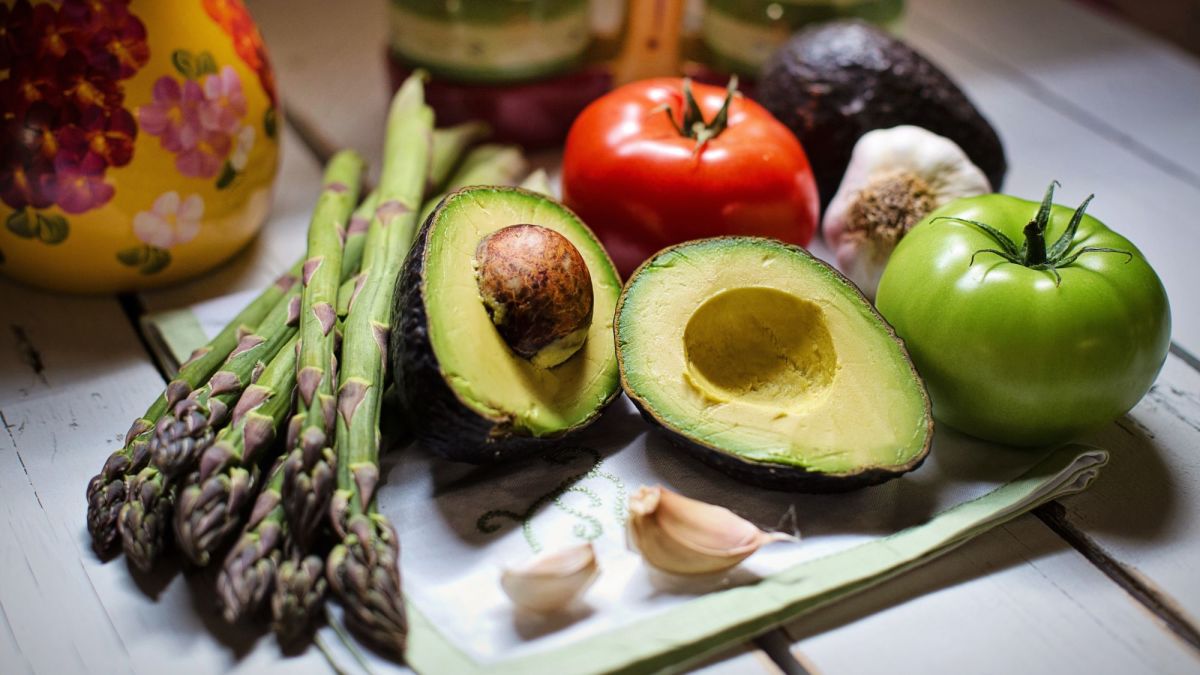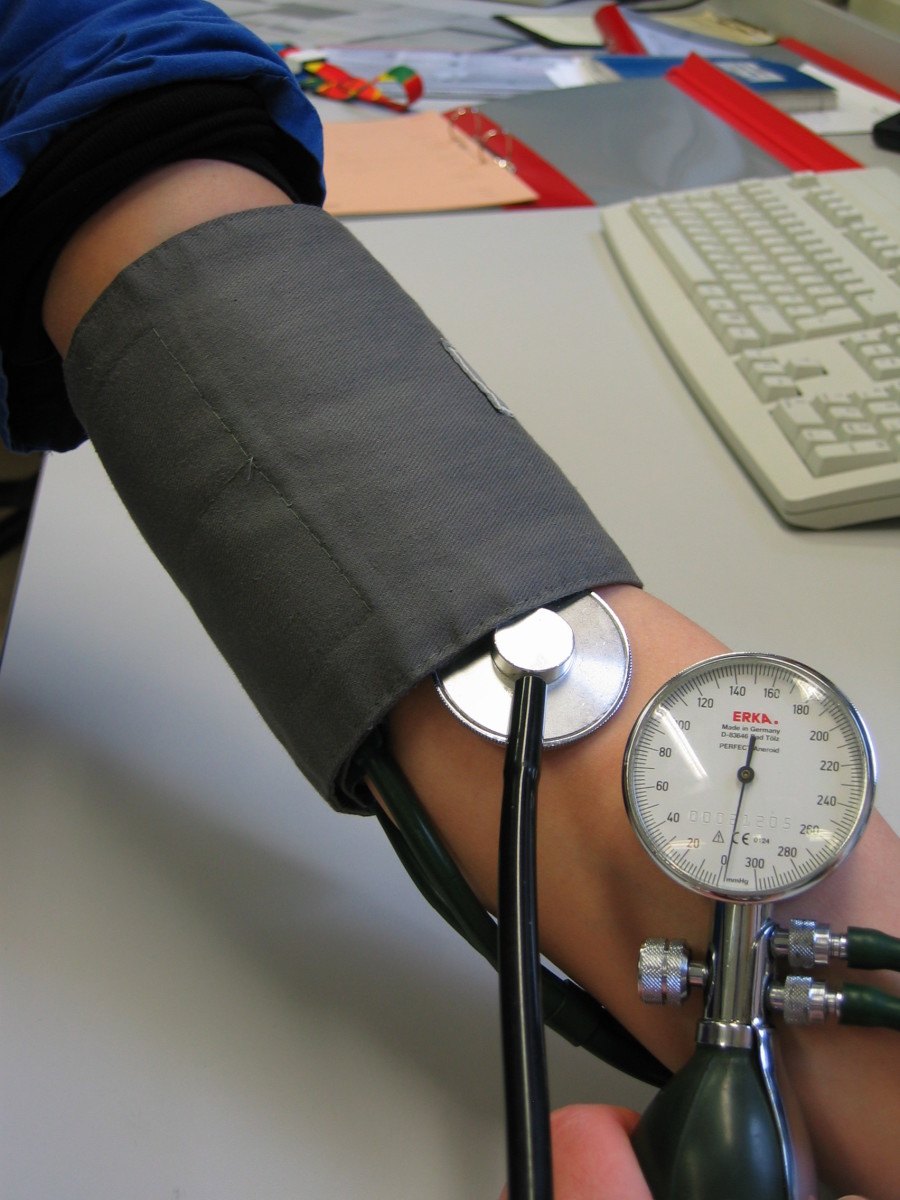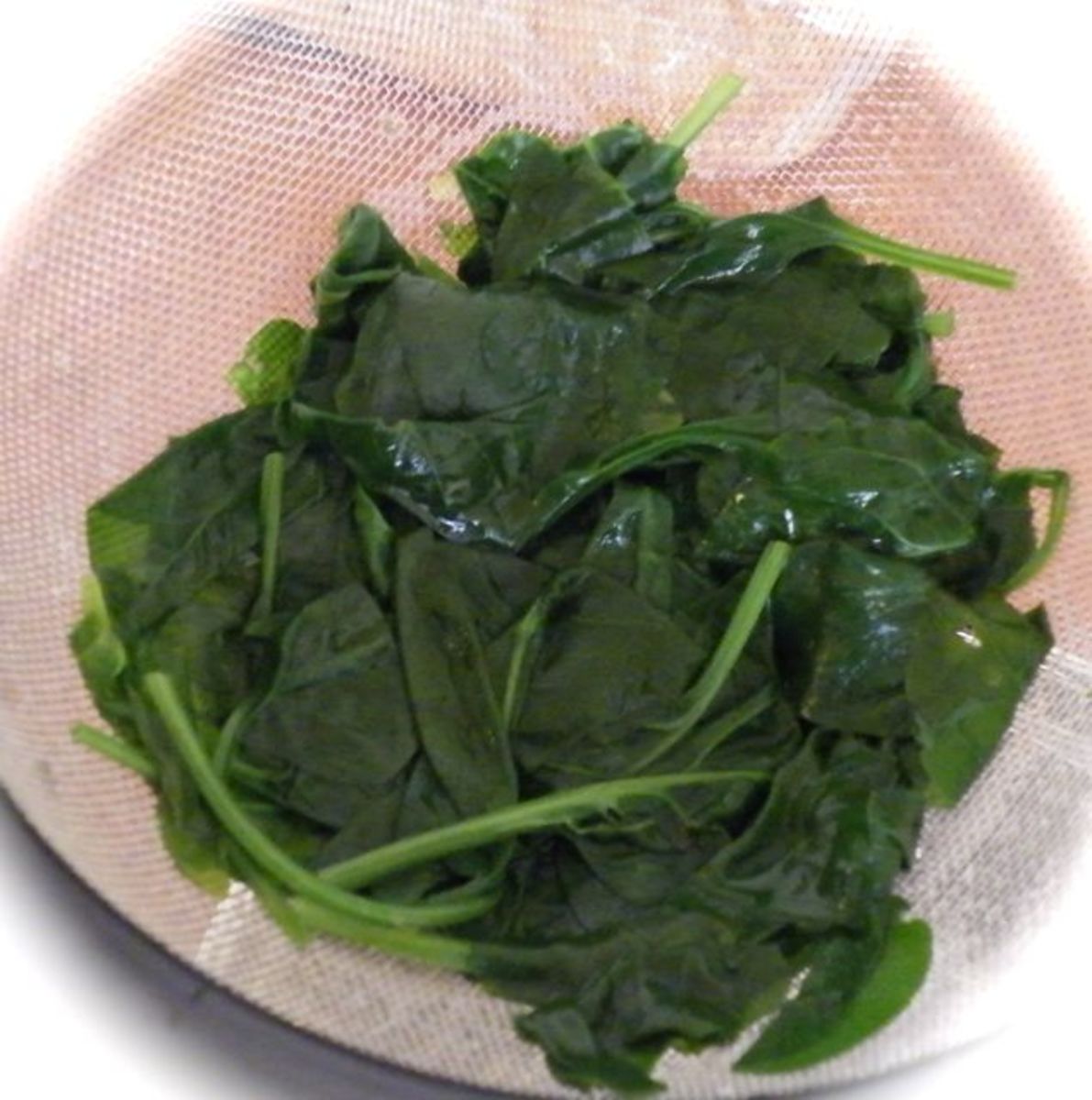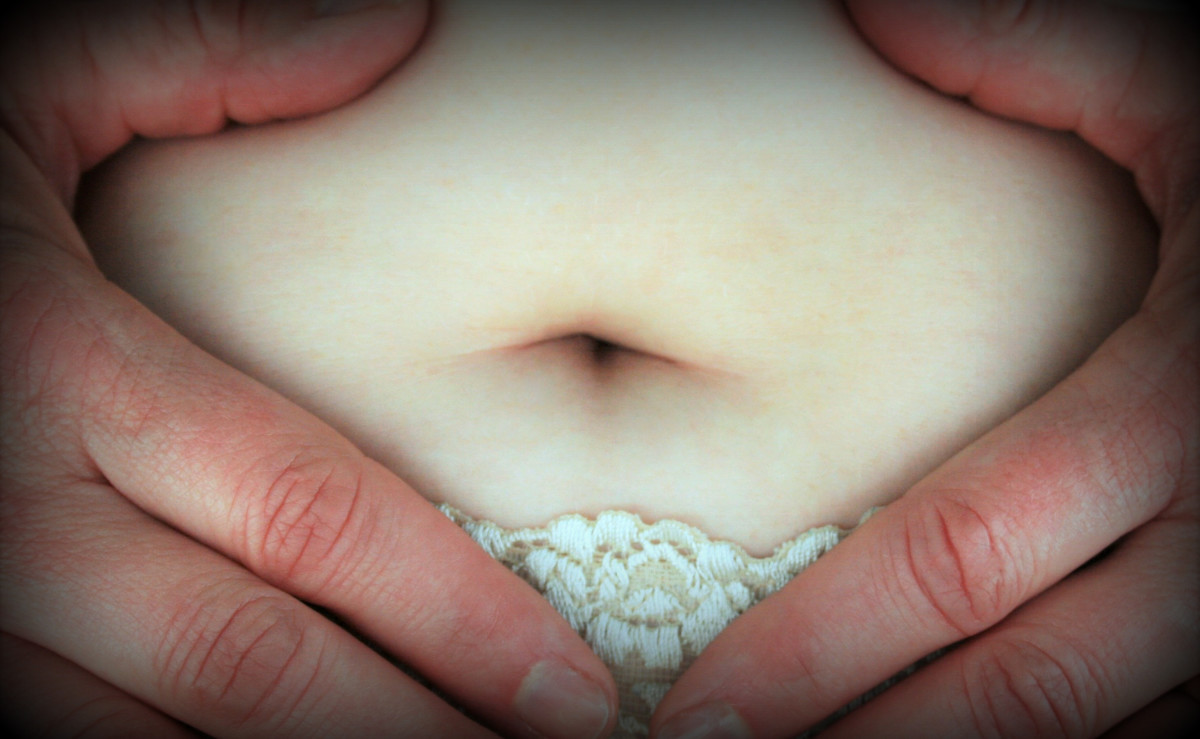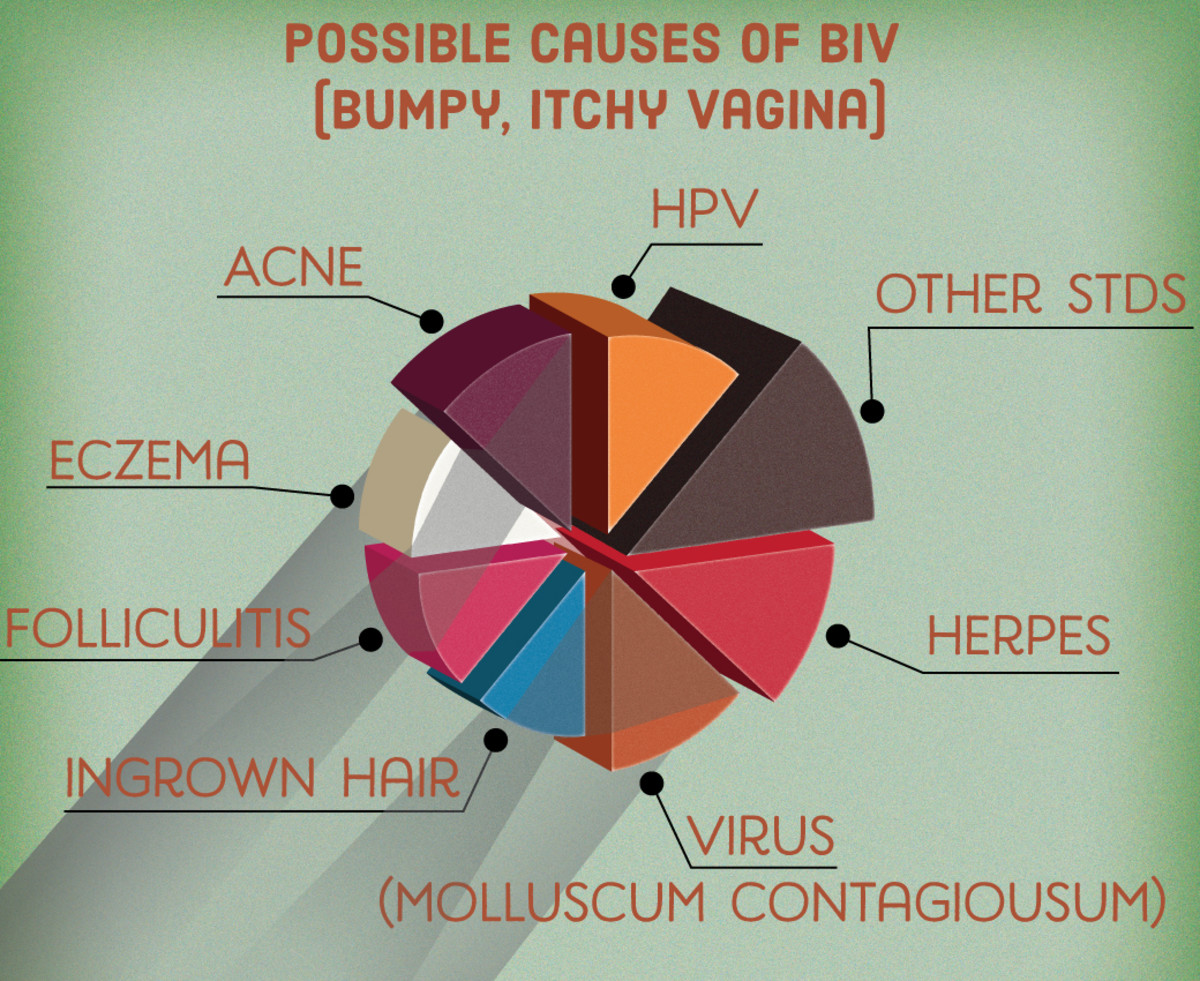Magnesium Deficiency Symptoms in Women
Magnesium deficiency
Magnesium deficiency or hypomagnesia is the intake of dietary magnesium below minimal levels which may result in various symptoms and diseases. Magnesium is a trace mineral that is essential for proper functioning of the body. Magnesium helps to maintain normal muscle and nerve function, healthy immune system and strong bones. Below you will find magnesium deficiency symptoms in women.
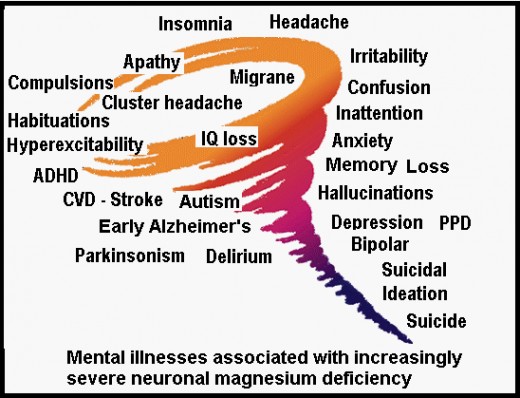
Signs and symptoms of magnesium deficiency in women:
Some of the early symptoms of magnesium deficency in women may include muscle tremors, lethargy, higher levels of irritability, confusion, depression, migraine headaches, development of anxiety, insomnia, feeling of tightness in the chest, muscle cramps, irregular heartbeat, bowel problems such as crohn's disease and irritable bowel syndrome. Other symptoms of magnesium deficency in women may include kideny stones, vitamin k deficiency, numbness and tingling in the extremities, palpitations, high blood pressure, osteoporosis, nervous irritability, increased sensitivity to stress, asthma, seizures and some forms of cancer. Women may experience tenderness in the breasts and changes in the menstrual cycle.
Causes of magnesium deficiency:
- Decreased magnesium intake or absorption
- Chronic diarrhea and vomitting can lead to magnesium deficiency
- Excessive alcohol intake
- Gastrointestinal problems can cause magnesium depletion by preventing the body from using the magnesium in food.
- Certain medications used for treating cancer may lead to loss of magnesium from the body
- Severe dehydration
Diagnsois of magnesium deficiency:
It is diagnosed by simple blood test by your health care provider. A modest deficiency may be restored to normal, by taking magnesium rich foods in your diet. If your magnesium levels in blood is low, your doctor may prescribe magnesium supplements
or intravenous drip.
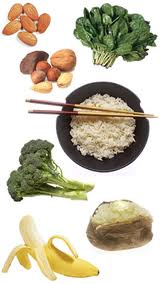
How to prevent magnesium deficency:
1. Eat grains and legumes such as oat bran, wheat flour, brown rice, barley, black beans, soy beans, kidney beans, baked beans, lentils and lima beans. These are packed with tons of magnesium. For example half cup of black beans contains 60 mg of magnesium.
2. Try to include green leafy vegeatbles in your diet such as spincah, okra, artichokes, kale, peas, broccoli and beet greens.
3. Consume magnesium rich fruits such as bananas, prunes, raisins, avocado and dried figs.
4. Nuts such as almonds, peanuts, cashews and Brazil nuts are rich in magnesium.
5. Fish such as halibut contains large amounts of magnesium.
6. Dairy products are also loaded with magnesium. Some of them are milk, yogurt and chocolate milk.
7. Herbs contains magnesium which include dried coriander, spearmint, basil, chives, sage and savory.


